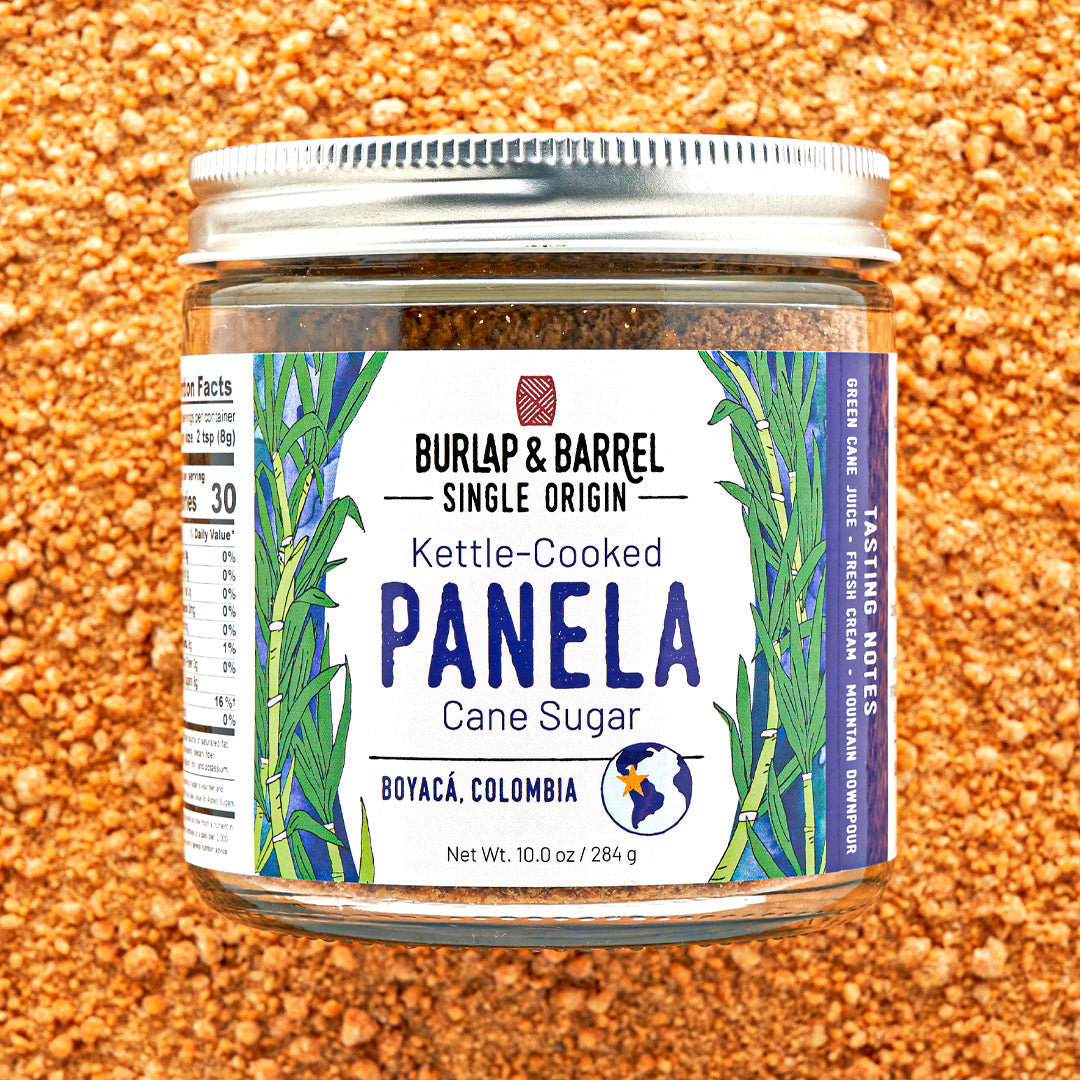Why Walking Stick Sugar Processing Chemicals Are Crucial for Modern Sugar Refining
The function of walking stick sugar processing chemicals in modern sugar refining can not be overemphasized, as they are indispensable to boosting both the efficiency of removal and the total quality of the last item. Representatives such as phosphoric acid and particular flocculants are employed to remove contaminations, resulting in sugar that not only fulfills customer assumptions however additionally sticks to industry requirements.
Role of Processing Chemicals
The efficiency of walking stick sugar handling pivots considerably on the critical application of handling chemicals. These chemicals play an essential function in boosting the efficiency and quality of sugar removal and refining. From the preliminary phases of juice removal to the last filtration actions, handling chemicals help with various crucial procedures.
In the removal stage, chemicals such as phosphoric acid and calcium hydroxide are employed to optimize the information procedure, aiding to remove impurities and put on hold solids from the walking cane juice. This not just improves the yield however also guarantees the quality of the final item. In addition, agents like flocculants aid in the fast settling of impurities, consequently simplifying the overall procedure.
Turned on carbon and ion exchange resins serve to remove color and odor, guaranteeing that the refined sugar fulfills customer top quality standards. Therefore, the careful selection and application of these chemicals are important for accomplishing optimum results in walking stick sugar handling.
Trick Sorts Of Chemicals
Walking stick sugar processing relies upon a selection of essential chemicals that help with each phase of manufacturing. These chemicals play important roles in clarifying, bleaching, and cleansing the sugar extracted from walking stick.
One main category of chemicals consists of flocculants, such as polyacrylamide, which aid in the clarification process by advertising the gathering and settling of contaminations. Additionally, calcium hydroxide is usually utilized to reduce the effects of level of acidity and assist in the removal of non-sugar components.
Lightening representatives, such as activated carbon and sulfur dioxide, are made use of to decolorize the syrup, leading to a more clear last product. These chemicals assist eliminate shade substances that might influence the sugar's look and marketability.
In addition, phosphoric acid offers as a pH regulator throughout the handling stages, guaranteeing optimum conditions for the chemical tasks entailed in sugar extraction and filtration.
Other important agents include edta (ethylenediaminetetraacetic acid), which chelates steel ions that could militarize unwanted responses, and salt hydroxide, which helps in pH control throughout the refining process. Collectively, these chemicals boost effectiveness and ensure a high-quality cane sugar item.
Advantages for Sugar Quality
Commonly neglected, using particular processing chemicals considerably enhances the general quality of walking stick sugar. These chemicals play an essential function in refining processes, ensuring that the last item meets stringent market standards for purity and preference.

Furthermore, refining chemicals help in attaining a regular granulation and texture, which are essential for customer acceptance. By controlling the condensation process, these chemicals ensure that the sugar crystals create consistently, leading to a more appealing item that liquifies well in different applications.
In addition, the usage of these chemicals can enhance the service life of walking cane sugar by minimizing wetness absorption and microbial growth. Generally, the calculated application of handling chemicals is important for supplying premium walking cane sugar that meets consumer assumptions and market needs.
Environmental Effect Considerations

In addition, the energy-intensive nature of sugar refining, intensified by chemical use, frequently leads to raised carbon emissions. This adds to environment modification and raises issues relating to the sustainability of existing refining methods. In addition, the sourcing of these chemicals might entail methods that intimidate biodiversity, such as monoculture farming, which decreases the resilience of farming environments.

To alleviate these impacts, sugar refiners are progressively discovering lasting options and taking on best methods that minimize chemical use. Implementing rigorous environmental management systems can help make sure that the refining process aligns with ecological requirements and advertises biodiversity. Inevitably, a well balanced technique that prioritizes both sugar quality and ecological stewardship is vital for the long-lasting feasibility of the sugar sector.
Future Fads in Refining
As the sugar sector comes to grips with the environmental obstacles connected with typical refining methods, innovative approaches are emerging to enhance both effectiveness and sustainability. One substantial pattern is the fostering of eco-friendly chemistry principles, which focus on making use of safe, naturally degradable processing chemicals. This shift not just lessens ecological impact however additionally addresses customer need for cleaner manufacturing techniques.
One more appealing advancement is the implementation of advanced filtering modern technologies, such as membrane separation and adsorption processes. These strategies improve the clearness and high quality of the sugar while lowering the quantity of wastewater generated during refining. Furthermore, the integration of electronic technologies, including IoT and AI, is changing operational effectiveness by enabling real-time tracking and anticipating maintenance, thus lessening source waste.
In addition, the use of by-products from sugar refining, such as bagasse and a knockout post molasses, is acquiring grip. These materials can be exchanged biofuels or value-added products, adding to a round economy within the sector. Collectively, these fads indicate a shift towards even more lasting methods that not only enhance functional performance but additionally straighten with worldwide sustainability goals, ensuring the future practicality of sugar refining.
Final Thought
Walking cane sugar processing chemicals are vital in modern sugar refining, considerably improving the efficiency and quality of sugar extraction. continue reading this The tactical usage of these chemicals not just improves the purity and taste of the end product but also ensures regular condensation and structure. As the market increasingly focuses on sustainability, the adoption of environmentally-friendly processing agents is most likely to shape future patterns in refining, eventually resulting in better products and extended shelf life for consumers.

Ultimately, a well balanced technique that focuses on both sugar quality and environmental stewardship is necessary for the long-term feasibility of the sugar market.
Walking stick sugar handling chemicals are crucial in modern-day sugar refining, significantly boosting the efficiency and top quality of sugar removal.